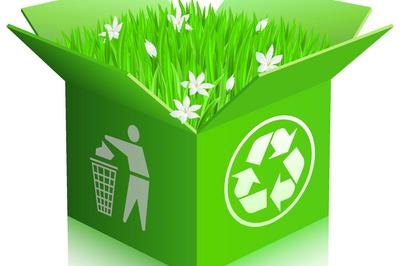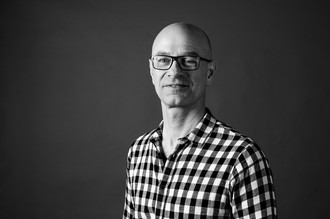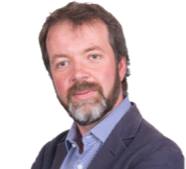Brands, retailers and packaging companies are increasingly using the term ‘sustainable packaging’ – most often to refer to their own products! Claims that one packaging format is ‘more sustainable’ than another are often made. But what does ‘sustainable packaging’ actually mean? The reality at the moment is undefined and open to wide interpretation. An overview of Eunomia’s thinking on this topic and how to apply this in the real world may help.
Webinar: Sustainable packaging - what is that?

When it comes to sustainability, a greener household and a more circular economy, the talk often lands on sustainable packaging. In this webinar we will investigate what that can be when aiming for real and right sustainable packaging. We will be looking into the whole value chain for packaging, from possible pre-evaluation and choices of sustainable packaging to end-of-life treatment.
Sustainable packaging is addressed in initiatives in the new Danish National Waste Management Plan and Waste Prevention Program 2020-2032 (Handlingsplan for Cirkulær Økonomi, draft, Dec. 2020). There is an initiative on supporting sustainable packaging in e-commerce under the forthcoming requirement for Extended Producer Responsibility for Packaging. This will be done by conducting a global innovation check for innovative packaging and logistics solutions and with a mapping of packaging flows in e-commerce in Denmark. The introduction of the extended producer responsibility for packaging in Denmark, by 2025 at the latest, shall - among other goals - also create a strong financial incentive to reduce packaging and to design packaging easy to recycle in high quality. And finally, a new target will be set up aiming at a 50 % reduction of certain plastic take-away packaging in 2026, which shall be sought to be achieved through a binding collaboration in the restaurant industry.
Some of these initiatives are part of the Danish implementation of the revised EU Directive on Packaging and Packaging Waste. The EU Commission’s “A new Circular Economy Action Plan - For a cleaner and more competitive Europe” (published yr. 2020) also mentions future specific measures to increase the sustainability of food distribution and consumption. Under the sustainable products initiative, the Commission will launch the analytical work to determine the scope of a legislative initiative on reuse to substitute single-use packaging, tableware and cutlery by reusable products in food services.
This webinar will be looking into the environmental profiles of packaging materials and discuss, how to get behind the numbers and preparing for future decisions on valid background data. Both single-use and reuse will be addressed.
The presentation and discussion during the webinar will be in English. Comments and questions in Danish will be most welcome and possible support for translation or vocabulary is provided throughout the webinar if needed. We are looking forward to your participation.
NOTE: Due to corona precautions, it is only possible to participate in the event online via Zoom / YouTube. Link to the webinar will be sent out in a separate email 1-3 working days before the event. Youtube link will be published approx. 30 minutes before the webinar begins. 1-2 days after the webinar, another Youtube link is sent. Via. this link, it will be possible to watch / re-watch the webinar for a period of 14 days.
Program
Program


Technical University of Denmark
Different production scenario options, combined with subsequent waste handling paths, are evaluated in a new project. Preliminary conclusions and data from the project will be presented.
How to make choices on sustainable packaging in real life – and in large scale. Findings from a recent, large project for a British multinational groceries and general retailer (in partnership with a global NGO) are presented.
An overview and framework examples from DN’s, The Danish Society for Nature Conservation’s recent publication “From single-use packaging to reuse. The way for Denmark to be become leading in circular economy models” (Fra engangsemballage til genbrug. Sådan bliver Danmark førende indenfor cirkulære forretningsmodeller) are presented by a consultant behind the report.
By the webinar’s speakers and the participants














